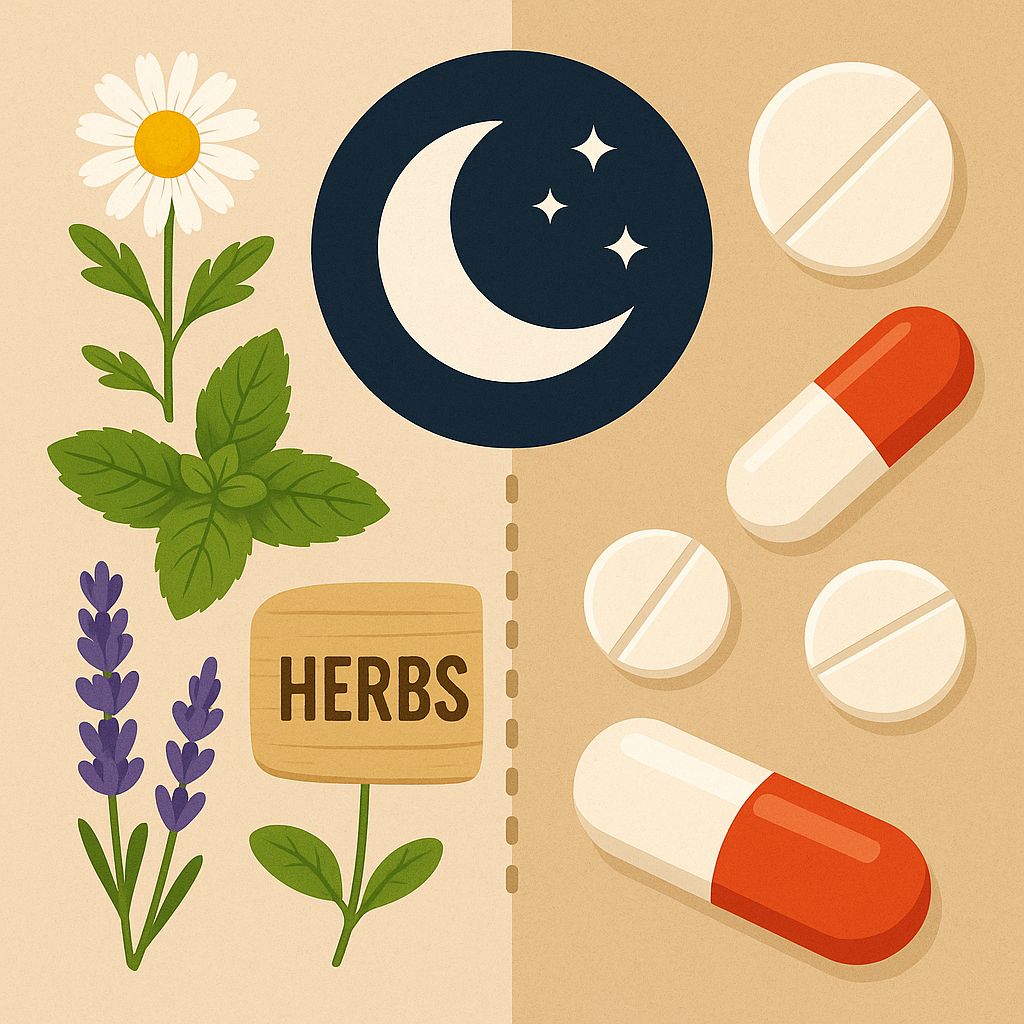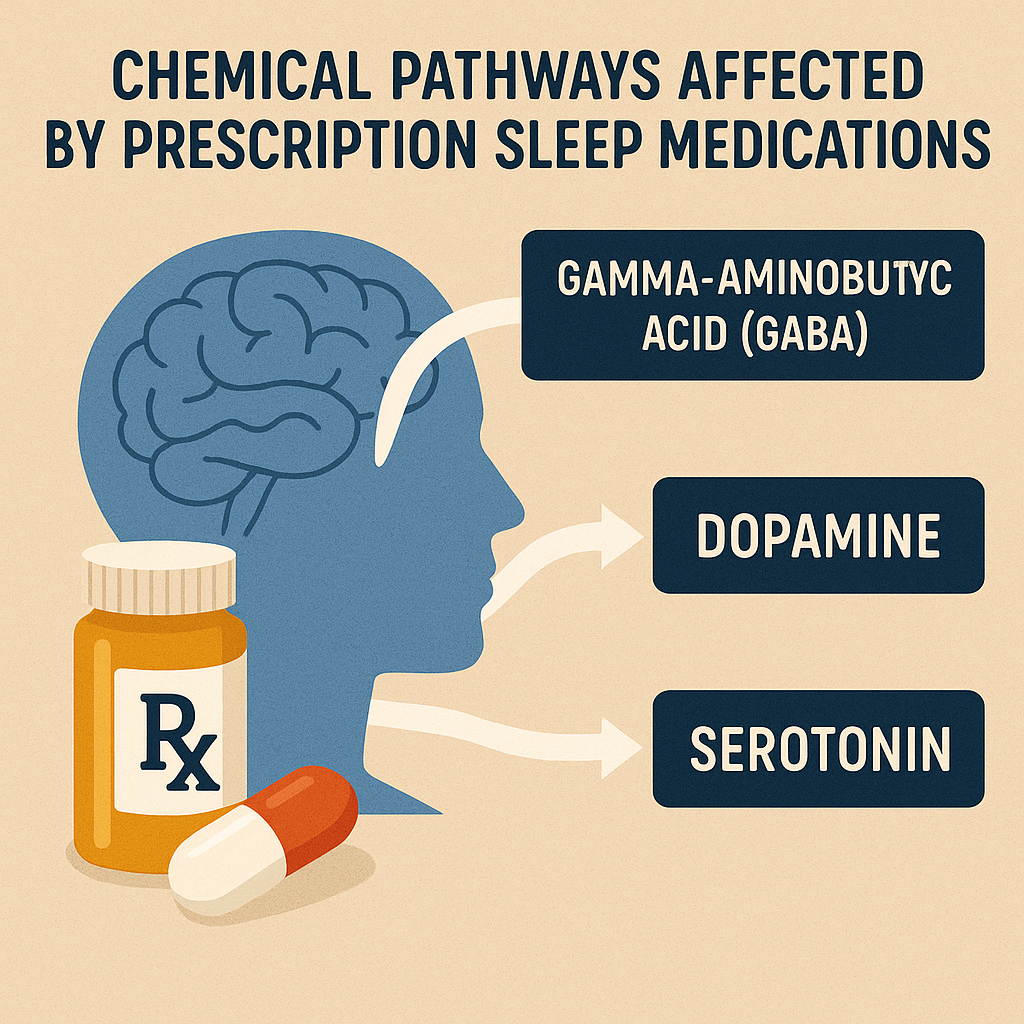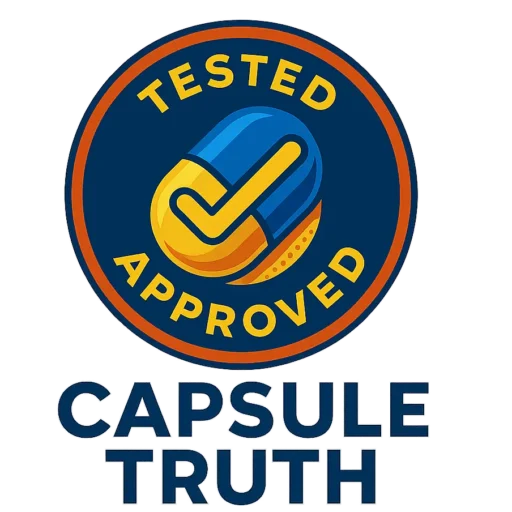Natural Sleep Aids vs. Prescription Sleep Medications: What You Need to Know
The Quest for Rest: Navigating Sleep Solutions
In a world that rarely sleeps, the pursuit of restful nights has become a global challenge. Many individuals are constantly searching for effective ways on how to sleep better, leading them to explore various solutions, from natural remedies to pharmaceutical interventions. This article delves into the critical differences between natural sleep aids and prescription sleep medications, offering insights into their mechanisms, benefits, risks, and ideal use cases. Understanding these distinctions is crucial for making informed decisions about your sleep health journey.
While both categories aim to improve sleep, their approaches diverge significantly. Natural sleep aids often focus on supporting the body's inherent sleep mechanisms, promoting relaxation, and addressing underlying imbalances. Prescription medications, conversely, typically target specific neurotransmitter pathways to induce sleep more directly. Each path has its merits and drawbacks, and the optimal choice depends on individual circumstances, the severity of sleep issues, and personal health philosophies.

Natural Sleep Aids: Supporting Your Body's Innate Processes
Natural sleep aids encompass a wide range of substances derived from plants, minerals, and amino acids. Their primary goal is to gently nudge the body towards a state conducive to sleep, rather than forcing it. Many of these aids work by enhancing the production of calming neurotransmitters, reducing stress, or regulating the body's natural sleep-wake cycle. For those seeking how to sleep better without the potential side effects of pharmaceuticals, natural options present an appealing alternative.
Common natural sleep aids include melatonin, magnesium, L-theanine, valerian root, and chamomile. Melatonin, a hormone naturally produced by the pineal gland, helps regulate circadian rhythms. Magnesium is a mineral crucial for muscle relaxation and nervous system function. L-theanine, an amino acid found in green tea, promotes relaxation without drowsiness. Valerian root and chamomile are herbs traditionally used for their calming properties. The appeal of these aids lies in their generally milder side effect profiles and the belief that they work in harmony with the body.
Are natural sleep aids effective for chronic insomnia?
While natural sleep aids can be highly effective for mild to moderate sleep disturbances, their efficacy for chronic, severe insomnia varies. They are often best used as part of a holistic approach that includes lifestyle changes and sleep hygiene practices. For persistent issues, professional medical advice is always recommended to determine the underlying cause of insomnia.
Prescription Sleep Medications: Direct Intervention for Severe Sleep Disorders
Prescription sleep medications, often referred to as hypnotics, are designed to induce sleep more rapidly and maintain it for longer durations. These drugs typically act on specific receptors in the brain, such as GABA receptors, to depress central nervous system activity. They are generally reserved for individuals with severe or chronic insomnia that has not responded to other interventions. When considering how to sleep better in cases of debilitating sleep loss, these medications can offer immediate relief.
Examples of prescription sleep medications include benzodiazepines (e.g., temazepam), non-benzodiazepine hypnotics (e.g., zolpidem, eszopiclone), and certain antidepressants with sedative properties. While highly effective in the short term, they come with a higher risk of side effects, including dependency, withdrawal symptoms, rebound insomnia, and impaired daytime functioning. Their use requires careful medical supervision and is typically recommended for short periods to avoid these complications.

What are the main risks associated with long-term use of prescription sleep aids?
Long-term use of prescription sleep aids can lead to physical and psychological dependence, tolerance (requiring higher doses for the same effect), and significant withdrawal symptoms upon cessation. They can also mask underlying sleep disorders or other health issues, and may cause daytime drowsiness, impaired coordination, and memory problems. It's crucial to use them strictly as prescribed and under medical guidance.
Comparison: Natural Sleep Aids vs. Prescription Medications
To help you decide on how to sleep better, here's a comparative overview of natural sleep aids and prescription medications:
| Feature | Natural Sleep Aids | Prescription Sleep Medications |
|---|---|---|
| Mechanism of Action | Support body's natural sleep processes, promote relaxation, address deficiencies. | Directly induce sleep by affecting brain neurotransmitters. |
| Speed of Effect | Gradual, often requires consistent use for full benefits. | Typically rapid, designed for immediate sleep induction. |
| Side Effects | Generally mild (e.g., digestive upset, mild drowsiness). | Can include dizziness, nausea, memory issues, dependency, withdrawal. |
| Risk of Dependency | Very low to none for most common natural aids. | Moderate to high, especially with long-term use. |
| Availability | Over-the-counter, widely accessible. | Requires a doctor's prescription. |
| Best Use Case | Mild to moderate sleep issues, long-term support, complementary therapy. | Severe, acute insomnia, short-term intervention under medical supervision. |
When to Choose Which: Making an Informed Decision
Deciding between natural sleep aids and prescription medications is a personal journey that should ideally be guided by a healthcare professional. For those wondering how to sleep better with less severe or occasional sleep disturbances, natural options are often the first line of defense. They are particularly suitable for individuals looking for a gentle approach to improve sleep quality, reduce anxiety, or regulate their sleep cycle without the risk of dependency.
However, if you are experiencing chronic, severe insomnia that significantly impacts your daily life, or if natural remedies have proven ineffective, prescription medications might be necessary. In such cases, a doctor can assess your specific situation, rule out underlying medical conditions, and prescribe the most appropriate medication for short-term use. The goal should always be to address the root cause of the sleep problem and transition to sustainable, non-pharmacological solutions whenever possible.
Can I combine natural sleep aids with prescription medications?
Combining natural sleep aids with prescription medications should only be done under strict medical supervision. Some natural supplements can interact with prescription drugs, potentially altering their effectiveness or increasing the risk of side effects. Always inform your doctor about all supplements and medications you are taking to ensure safety and avoid adverse reactions.
Ready to Finally Win the Night?
We've analyzed dozens of products based on ingredient quality, clinical evidence, and user results. Discover the supplements that can truly restore your natural sleep cycle.
🌙 See Our Top 3 Rated Sleep Supplements for 2025Frequently Asked Questions
Understanding the nuances between different sleep solutions is key to figuring out how to sleep better. Here are some common questions related to natural sleep aids and prescription medications.
- Are natural sleep aids safe for long-term use?
Most natural sleep aids, when used as directed, are generally considered safe for long-term use, especially compared to prescription medications. However, it's always best to consult with a healthcare professional for personalized advice and to monitor for any potential side effects or interactions. - Can I become addicted to natural sleep aids?
The risk of addiction or physical dependence with natural sleep aids like magnesium, L-theanine, or valerian root is very low to non-existent. They work by supporting natural bodily functions rather than by directly altering brain chemistry in a way that leads to dependence. - How quickly do prescription sleep medications work?
Prescription sleep medications are typically fast-acting, designed to induce sleep within 30 to 60 minutes of ingestion. This rapid onset is one of their main advantages for acute insomnia, but it also contributes to the risk of dependency if not used carefully. - What should I do if I think I'm dependent on a sleep medication?
If you suspect you are dependent on a sleep medication, it is crucial to seek medical advice immediately. Do not attempt to stop taking the medication abruptly, as this can lead to severe withdrawal symptoms. A doctor can help you develop a safe and gradual tapering plan.
Conclusion: Navigating Your Path to Restful Sleep
The journey to understanding how to sleep better is multifaceted, offering a spectrum of solutions from natural aids to prescription medications. While natural options provide a gentle, supportive approach with fewer side effects and lower dependency risk, prescription drugs offer potent, short-term relief for severe cases. The key lies in informed decision-making, ideally in consultation with a healthcare professional, to tailor the approach to your unique needs and health profile.
Remember, true restorative sleep often stems from a holistic strategy that includes healthy lifestyle habits, a conducive sleep environment, and addressing underlying issues. Whether you choose natural supplements or require temporary pharmaceutical support, the ultimate goal is to achieve consistent, high-quality sleep that revitalizes your mind and body. Explore our detailed reviews of top-rated natural sleep supplements to find the right support for your journey.
